We follow a collaborative, multisectoral, and transdisciplinary approach — working at the local, regional, national, and global levels — to achieve improved human health and well-being. Our approach identifies the inhabitants who are most vulnerable due to a lack of material wealth, water and food insecurity, and gender-related issues. We recognize that the health and well-being of local inhabitants is key to the conservation and sustainability of the Galapagos, like many other ecologically sensitive places.
Our projects include topics in:
- Epidemiology
- Public Health & Policy
- Gender Studies
- Tourism
- Food Security & Nutrition
- Pollution
Today the Galapagos Islands, a milestone of sustainability, are faced with the challenges of consumptive demands of a growing tourism sector, an increasing residential population attracted to the Galapagos for jobs in the tourism industry, environmental management institutions and policies of government and non-government organizations, and ecosystems that are highly vulnerable to human activities and decision making. Research at the GSC focused on these linked human-environment interactions takes shape along the following lines of inquiry: human migration and tourism, public health and disease ecology, agriculture and fisheries, access to care, land use/land cover dynamics, invasive species eradication, social and ecological vulnerability and resilience, conservation and economic development, environmental health, and nutrition.
Watch a video about one of our projects, about food and water insecurity in the Galapagos:
Research Projects
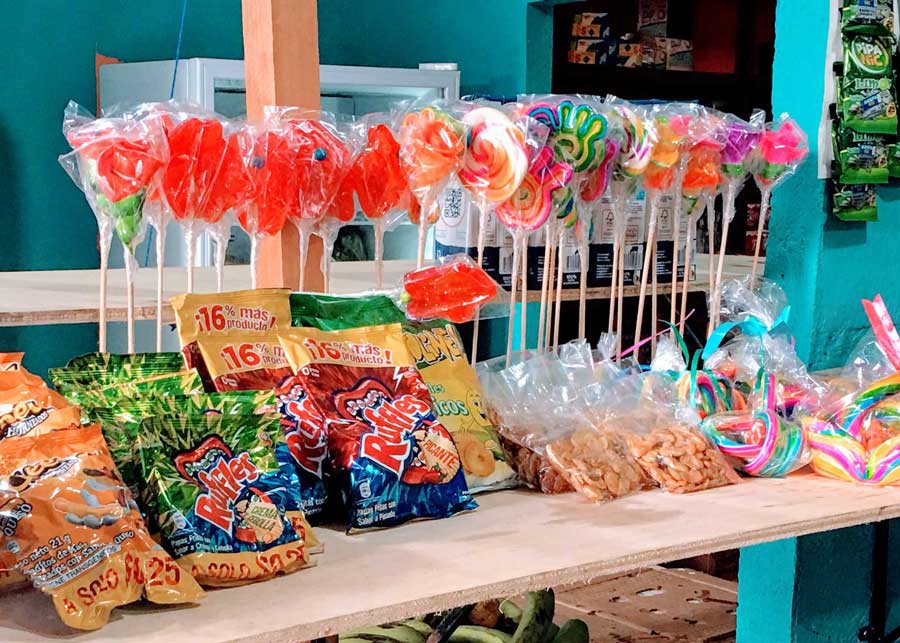
The Dual Burden of Disease in the Galapagos, Ecuador: An Interdisciplinary Study of Food and Water on Isabela Island
People: Donald L Fejfar, Elijah Watson, Kishan Patel, Nick Badhwa, Khristopher Nicholas, Amanda Thompson, Margaret Bentley, and Jill Stewart
Departments: Nutrition, Anthropology, Biostatistics, Environmental Health Sciences

Feasibility of Educational Support Measures for Parenting Skills and Mental Health Symptoms in Mothers of Young Children in the Galapagos
People: Julee Waldrop, Betty Martinez, Alasia Ledford, Amanda Thompson, and Hannah Jahnke
Departments: Nursing, Anthropology
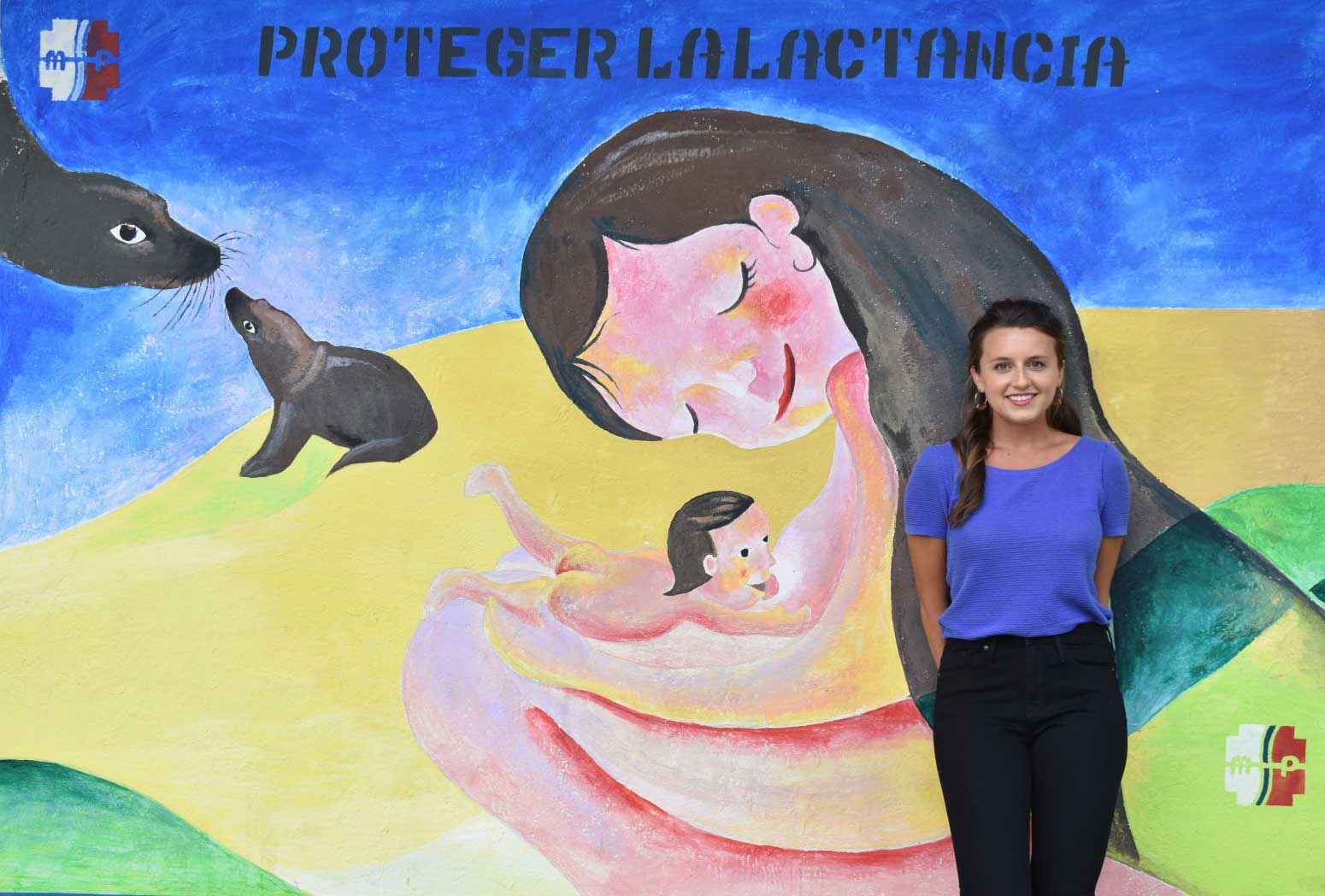
Healthy Moms, Healthy Babies: The intergenerational effects of maternal stress in the Galapagos Islands
People: Hannah Jahnke, Amanda Thompson, Margaret Bentley, and Enrique Terán
Departments: Anthropology, Nutrition

Water Quality Assessments on San Cristobal Island, Ecuador
People: Jill Stewart and Valeria Ochoa-Herrera
Departments: Environmental Sciences & Engineering
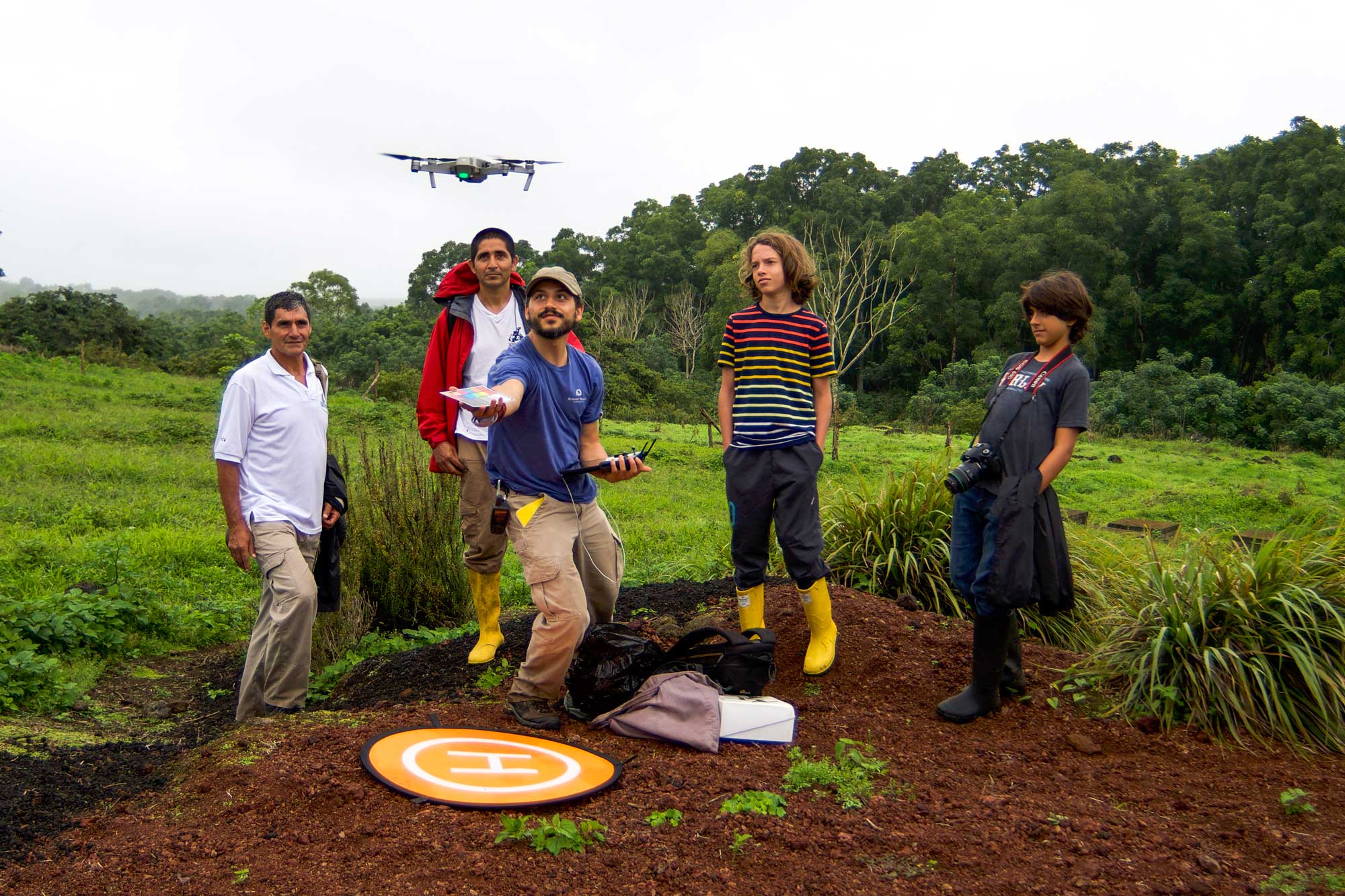
Agriculture, Wildlife, and Land Use in the Galapagos
People: Francisco Laso, Steve Walsh, and Javier Arce-Nazario
Departments: Geography
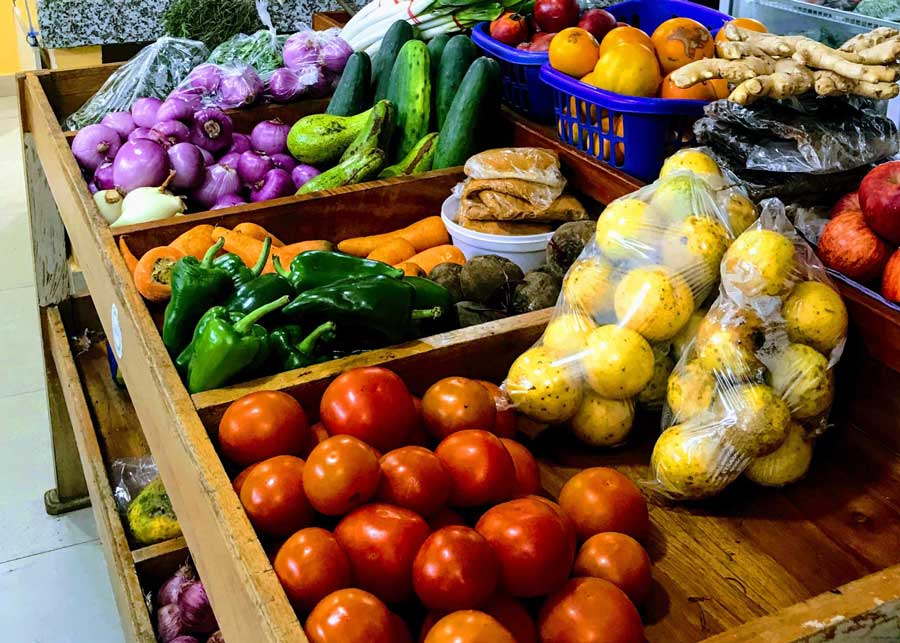
Water, Food, and Health in San Cristóbal: The Healthy Family Study
People: Amanda Thompson, Enrique Terán, Margaret Bentley, Jill Stewart, Jaime Ocampo, Graham Pluck, and Khristopher Nicholas
Departments: Anthropology, Nutrition, Environmental Sciences & Engineering
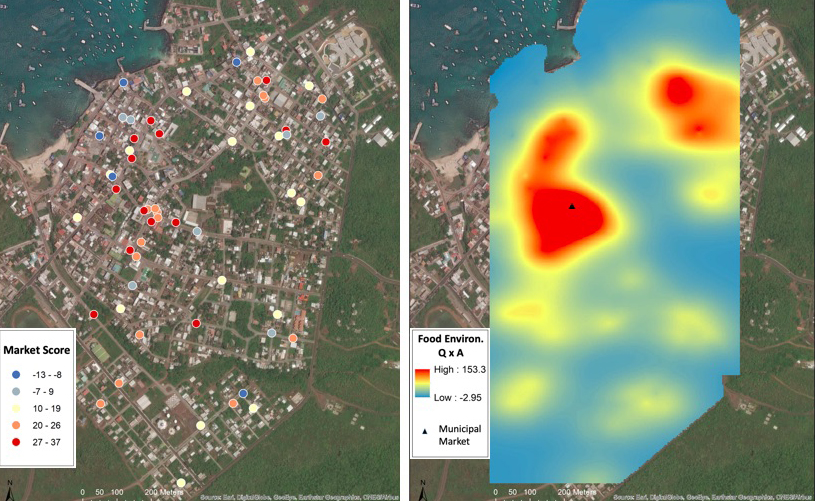
Food Environments in the Galapagos: Geographic and Behavioral Determinants of Diet and Health
People: Khristopher Nicholas, Margaret Bentley, and Amanda Thompson
Departments: Nutrition, Anthropology

Youth Perceptions of Living in the Galapagos: Relationships, Health, and the Future
People: Cynthia Fraga Rizo, Mimi Chapman, Rain Masa, and Natalia Villegas Rodriguez
Departments: Social Work, Nursing
